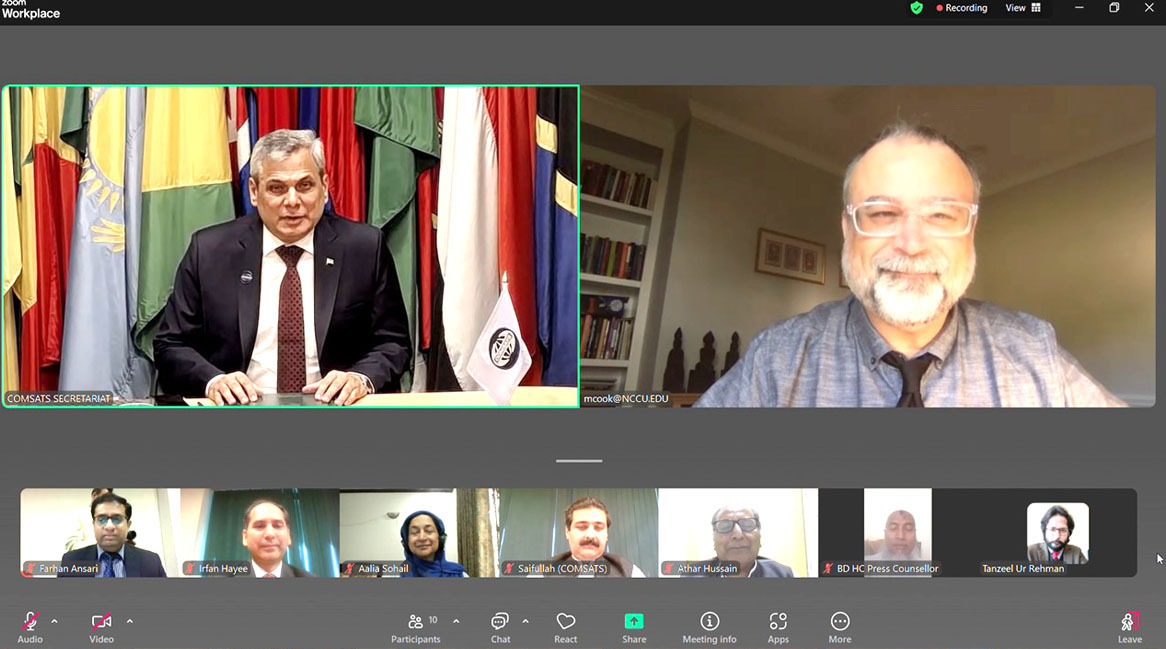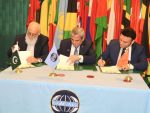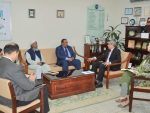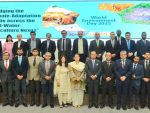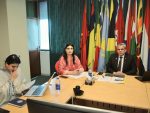The Executive Director of the Commission on Science and Technology for Sustainable Development in the South (COMSATS), H.E. Ambassador Dr. Mohammad Nafees Zakaria, participated as a Panelist in the International Conference on Science, Technology, and Innovation (ECONEX 2025), held under the auspices of the Economic Cooperation Organization Science Foundation (ECOSF), in collaboration with the Higher Education Commission (HEC) of Pakistan and the ECO Secretariat, Tehran. Convened on 17–18 April 2025 at the HEC Headquarters in Islamabad, the high-level forum brought together distinguished policymakers, eminent scholars, industry leaders, and regional experts from across the ECO region to deliberate on leveraging science, technology, and innovation (STI) as engines of sustainable development, regional connectivity, and economic integration.
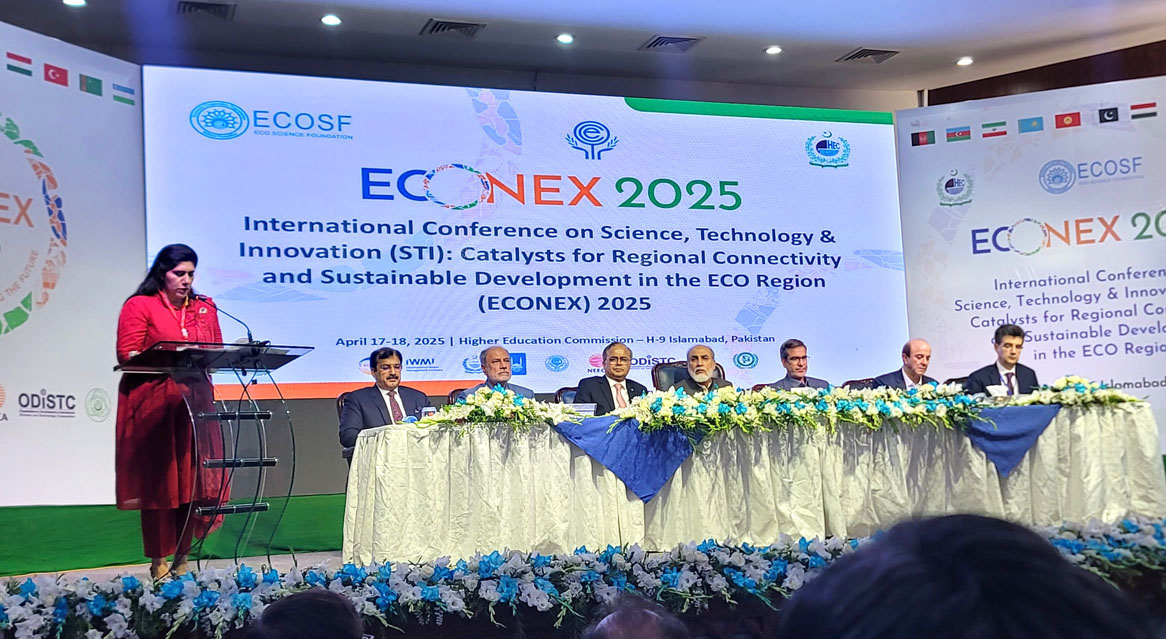
The inaugural session of the conference was graced by H.E. Mr. Khalid Hussain Magsi, Federal Minister for Science and Technology of Pakistan, as Chief Guest. The opening also featured prominent dignitaries, including H.E. Dr. Asad Majeed Khan, Secretary General of the Economic Cooperation Organization (ECO), Iran; Prof. Mehmet Akif Kireçci, President of the ECO Educational Institute, Türkiye; Prof. Abolfazl Vahedi Vice Minister from the Ministry of Education of the Islamic Republic of Iran; and Dr. Zia Ul-Qayyum, Executive Director of the Higher Education Commission of Pakistan.
Structured around six thematic sessions, ECONEX 2025 addressed key strategic areas, namely: enhancing regional trade and connectivity; human capital development; building a resilient and sustainable energy future; agriculture, water, and food security; and regional collaboration in healthcare innovation and biotechnology.
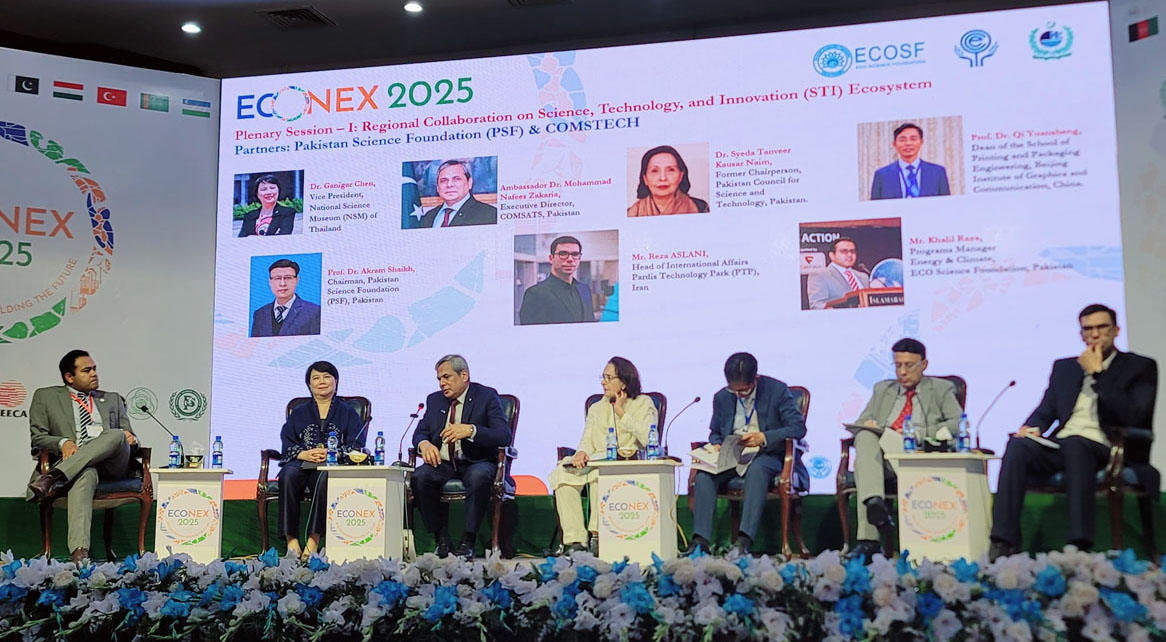
During the Plenary Session on Regional Collaboration on Science, Technology, and Innovation (STI) Ecosystem, Ambassador Dr. Zakaria delivered a compelling keynote address. He underscored the critical importance of strengthening cross-border STI collaboration to effectively respond to shared global challenges. Emphasizing the widening innovation divide between the Global North and South, he highlighted the stark contrast in R&D investments—over 2% of GDP in advanced economies compared to less than 0.5% in many developing nations—calling attention to the implications of this disparity on technological resilience and crisis preparedness.
Drawing on lessons from the COVID-19 pandemic, Ambassador Zakaria illustrated how digitally advanced and technologically integrated nations were better positioned to navigate economic and health disruptions. He cited exemplary South-South cooperation models, including China’s large-scale vaccine development and Thailand’s indigenous pandemic response mechanisms, as frameworks for emulation within the ECO and COMSATS communities.
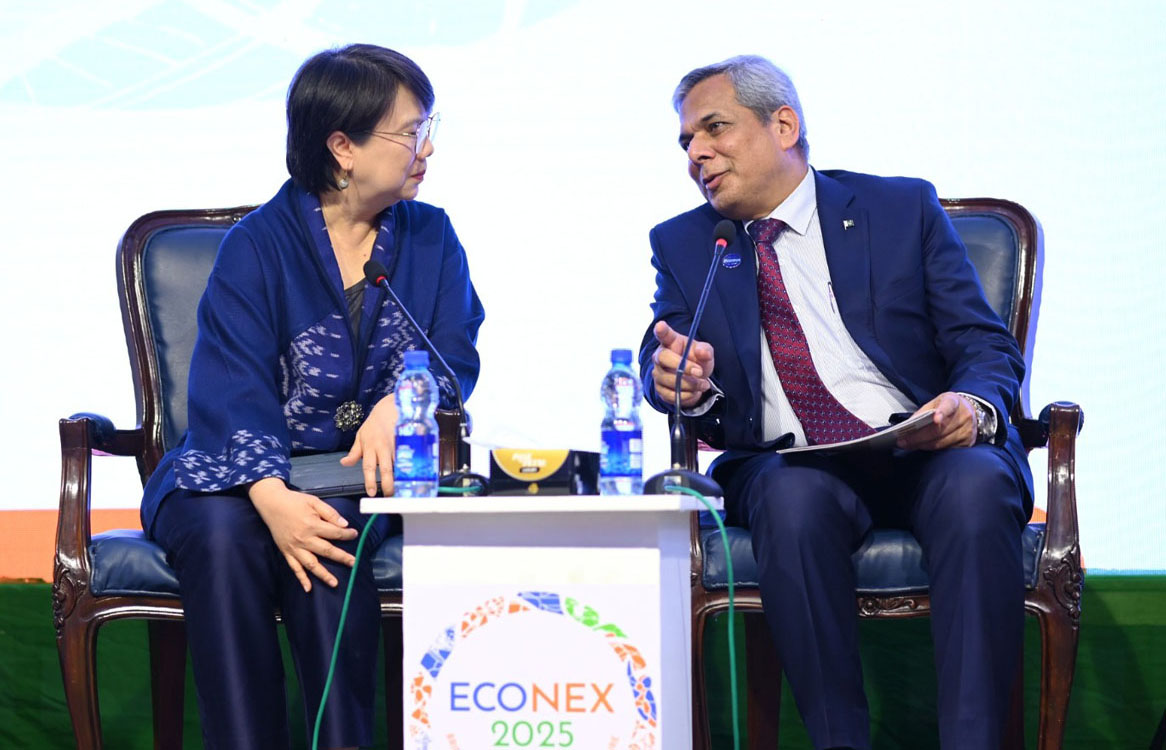
Advocating a unified approach among member states of COMSATS and ECO—together representing 23% of global GDP and 37% of the world’s population—Ambassador Zakaria called for the strategic pooling of scientific expertise and resources. He emphasized the need for collaborative innovation to bridge the technological divide and build inclusive, knowledge-based economies.
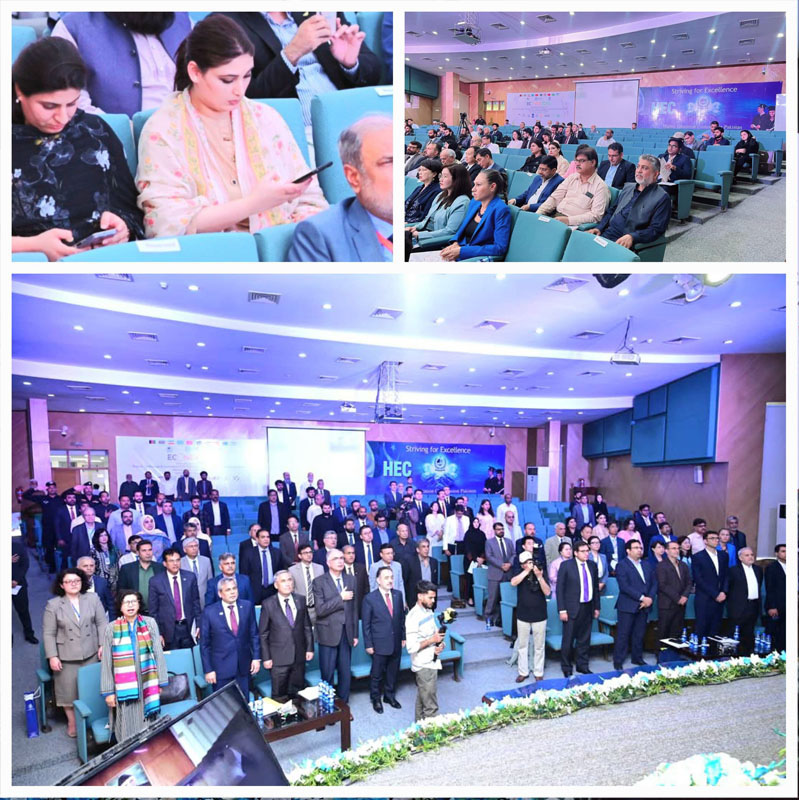
The conference was attended by a distinguished array of participants, including ambassadors, senior government officials, academic leaders, industry specialists, and representatives of the United Nations, international organizations, and ECO member states, making ECONEX 2025 a significant milestone in advancing regional STI cooperation and policy dialogue.

